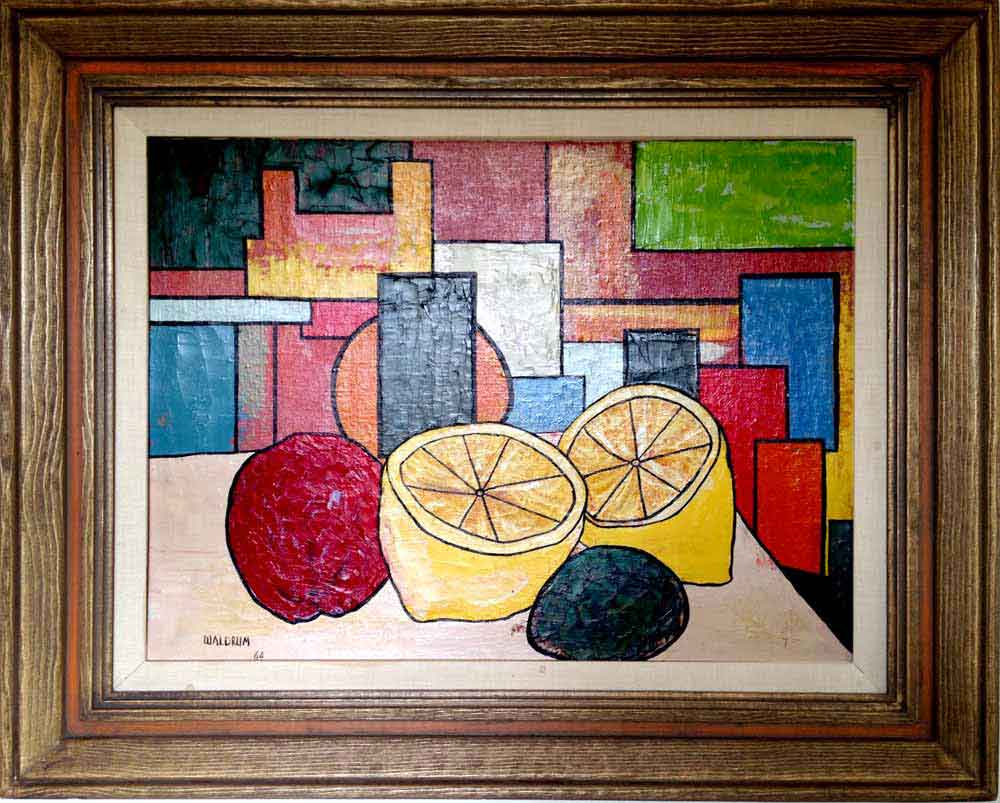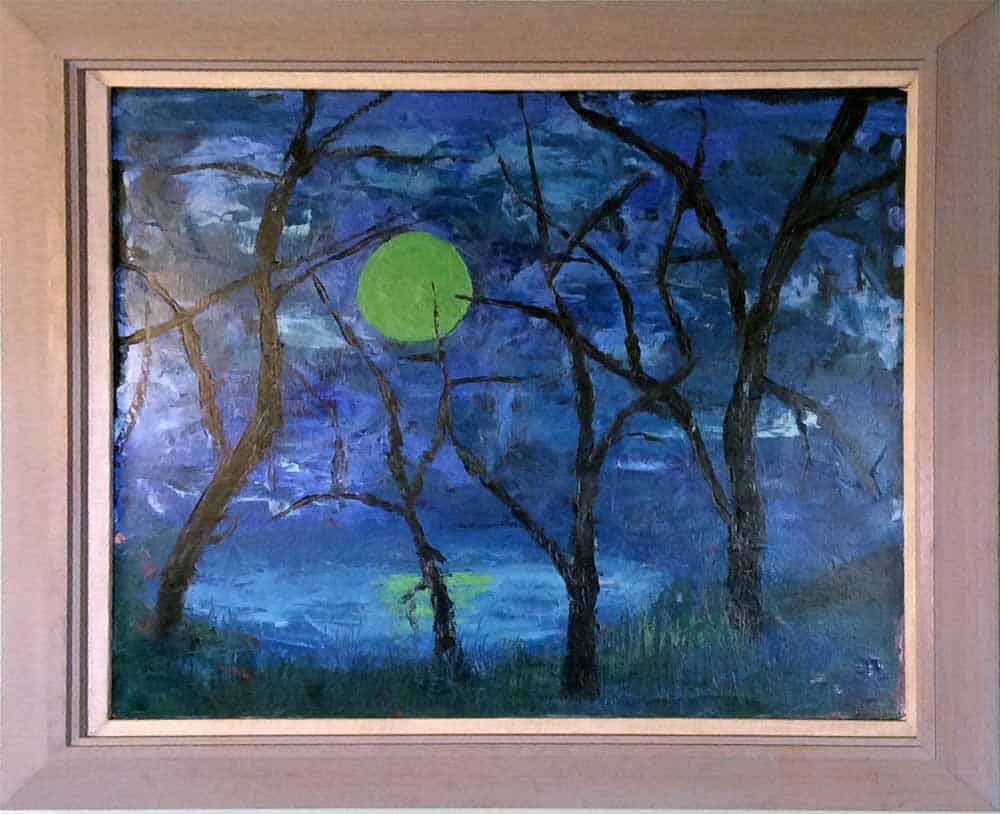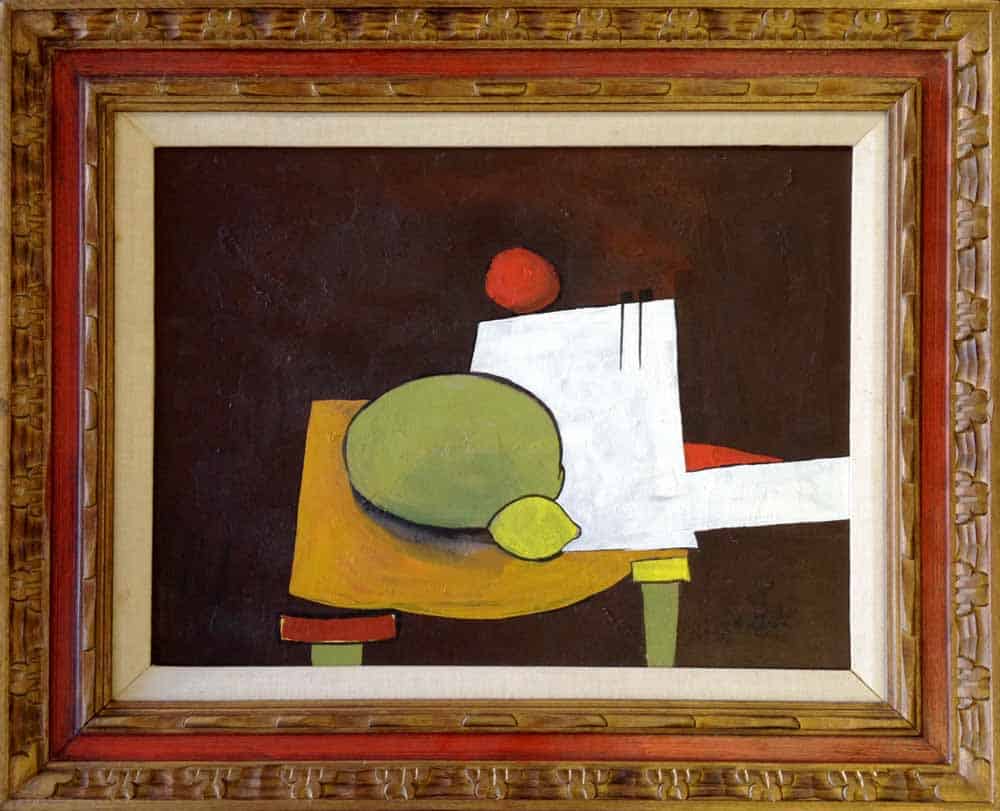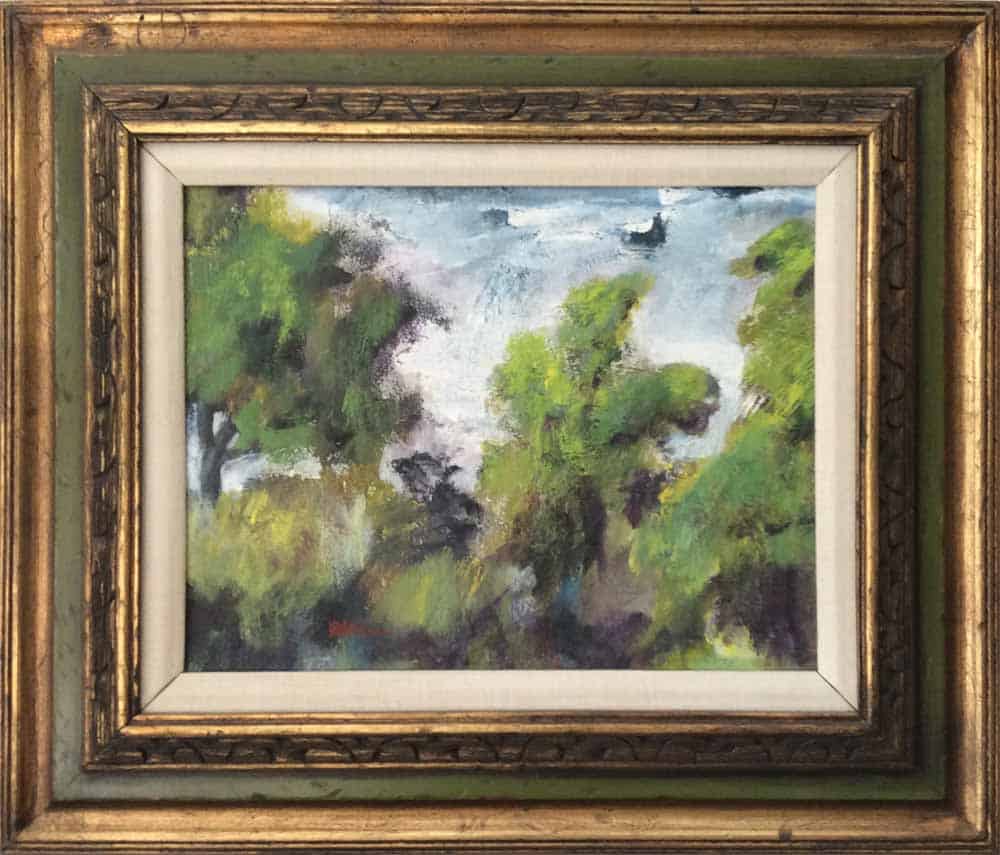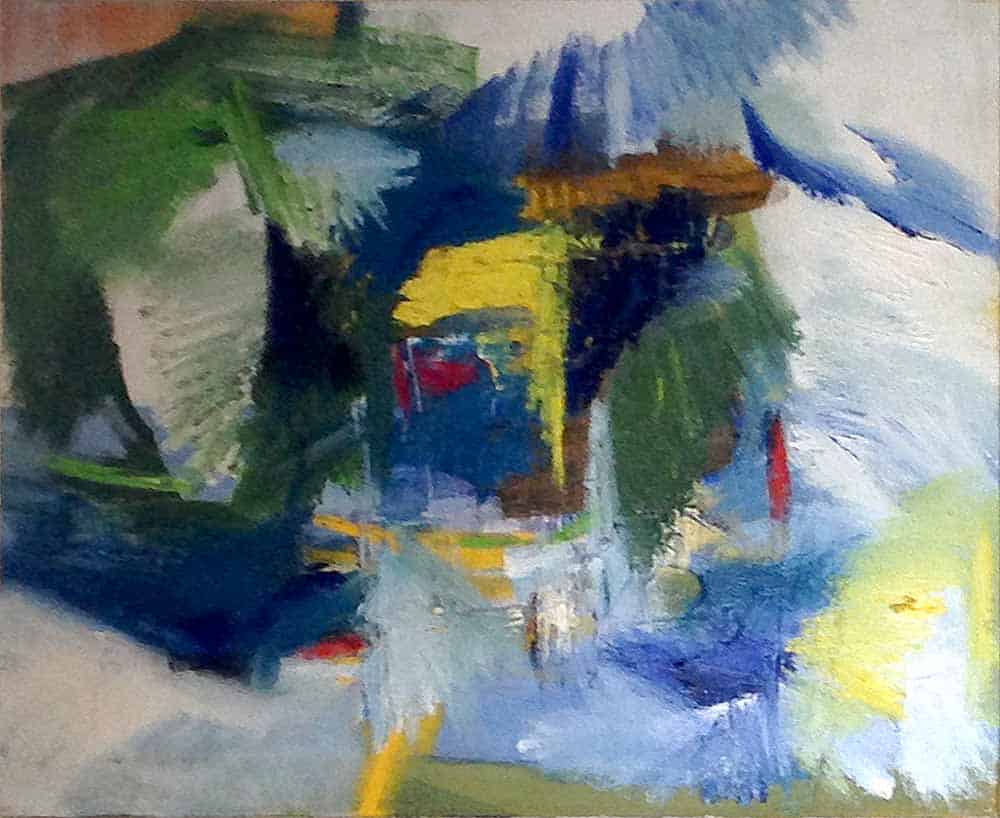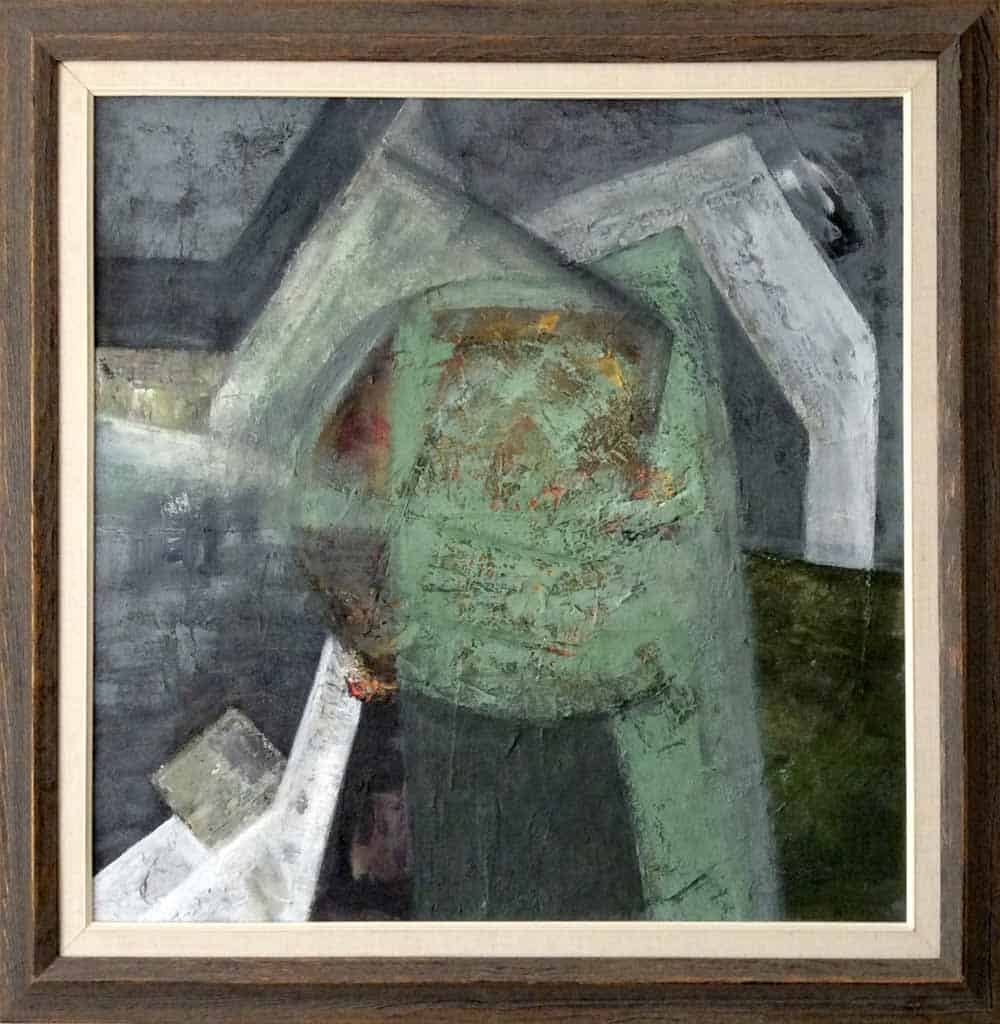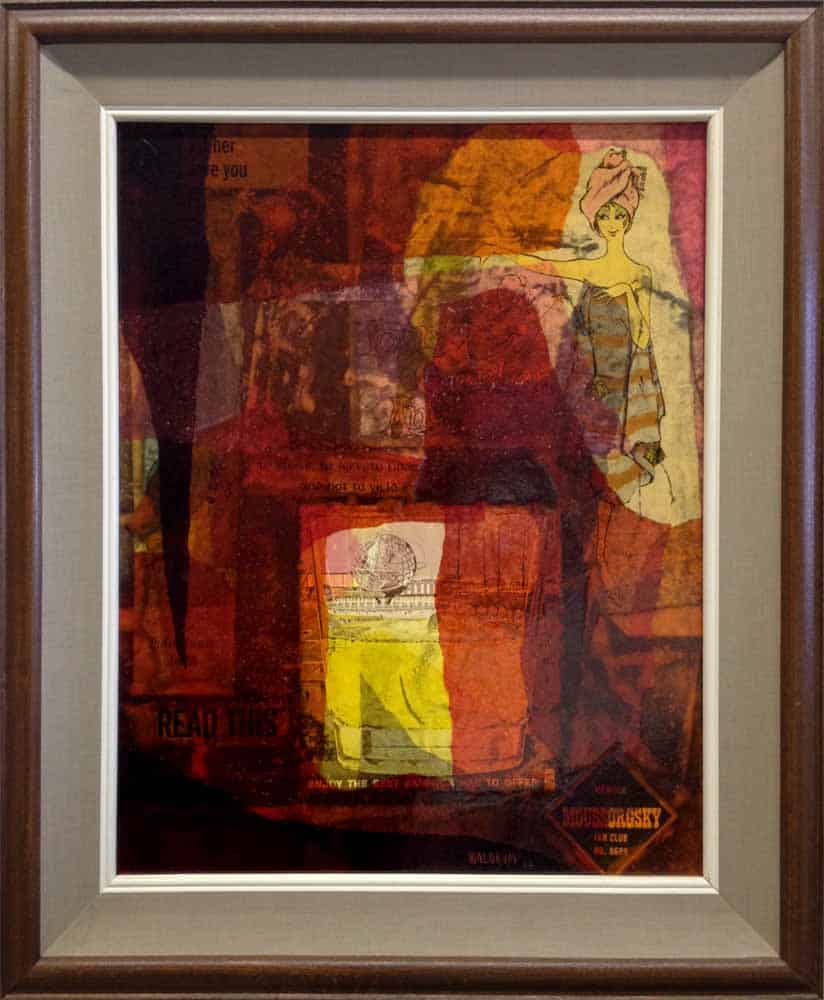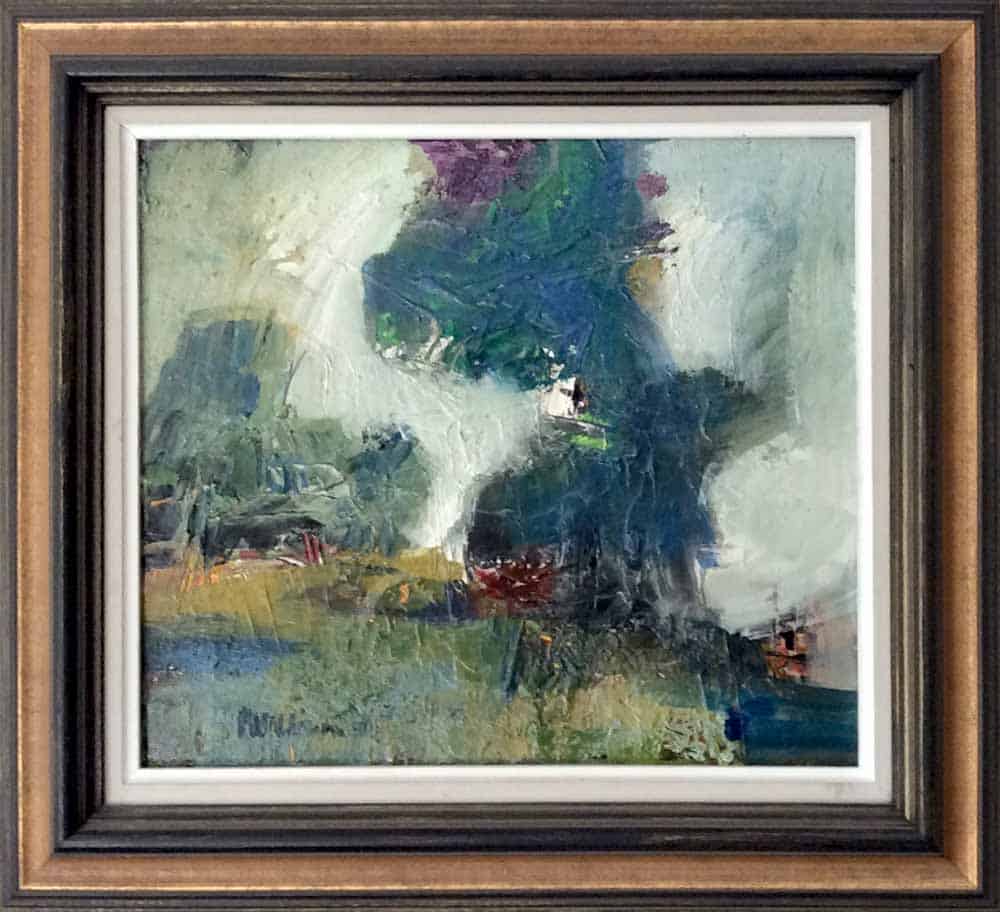Tergiversating Teaching
In 1971 I had abandoned the concept of teaching as security for my life as an artist. I had abandoned a bureaucracy that held committees in high esteem. It was a bureaucracy capable of surviving challenges to its authority by chanting incomprehensible litanies; a bureaucracy that shunned everything except mediocre support for fledging endeavors of merit, but threw large amounts of government grant money at every incestuous endeavor that feathered its own neat nest.
I was entering a world that would be mixed with adventure, discovery surprise, shocking terror, and incredulous joy; and I had not the slightest idea that in my future there was an event coming for which I was not prepared: my Texas Hill Country Epiphany. In the early summer of 1971, I was still celebrating my societal, academic, and marital divorce when, bam!…
Epiphany
Epiphanies are like accidents; you don’t see them coming. It never occurred to me that I would ever in my lifetime have an epiphany, but there was one coming, and I wasn’t ready. In 1971, Ed and Mary Newton had given me a place to work immediately following my departure from the academic community. The Newtons had a home in Alamos, Sonora, near the west coast of Mexico. While they were at their home in Mexico, I was the caretaker of their home on Johnson Creek between Mountain Home and Ingram, Texas. They gave me a barn in which to paint, an ample supply of food, and a small house in which to live; but most important of all, they gave me the precious gift of time.
Having been given the gift of time, I had time to see what I was doing. During the late summer of 1971, after consuming three fresh peyote succulents, and while working on my abstract expressionism in the barn on Johnson Creek, the epiphany occurred—I wasn’t an abstract expressionist! This voice from I-don’t-know-where kept pestering me, “You are using other people’s ordinary.”
The shock of the epiphany lasted for almost three months. I couldn’t draw; I couldn’t paint. I had to face the fact that I had been living a comfortable lie; that before this revelation I had been clothed by the support system of academia. Now I stood, stark-naked in the middle of my life and I knew I couldn’t go back—that I would need to repent my epiphany if I did go back. And so I waited. I was perplexed and I was terrified…What if I didn’t have an ordinary?…Then in November, a glimmer of my own ordinary appeared on the edge of my imagination.
